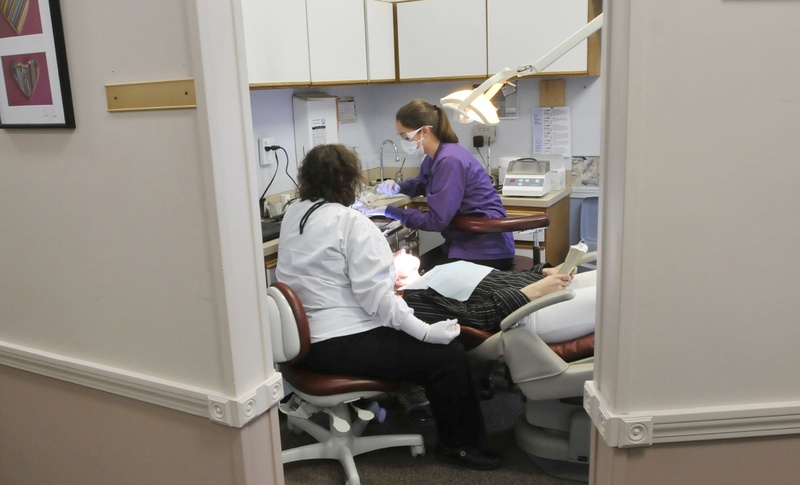A new type of dental provider – “mid-level dental therapist” – is likely on its way to becoming a reality in Maine.
A revised version of the bill cleared the Senate late Wednesday after previously winning approval in the House, and now heads to Gov. Paul LePage, who is expected to sign the bill.
The new dental therapist position would be similar to how nurse practitioners work with physicians. The dental therapist would be able to do cleanings, fill cavities and perform other dental work, but major dental care would still be the purview of dentists.
The therapist would be required to take two years of college-level classes and have 2,000 hours of training.
A compromise to gain the support of more lawmakers would require the therapists to work under the “direct supervision” of dentists, which means they must operate in the same office as a dentist. A previous version of the bill would have permitted therapists to work remotely, such as in schools or nursing homes, or open their own practice, as long as a dentist signed off on their work.
“It’s not what we really wanted, but it will help improve access,” said Cathy Kasprak, a Bridgton dental hygienist who lobbied for the bill.
Rep. Heather Sirocki, R-Scarborough, and a co-sponsor of the bill, said some dentists in rural areas are elderly and have limited office hours. Employing a dental therapist will help make it easier for people in rural Maine to see a dentist.
“I’m very pleased,” Sirocki said. “This is a solid starting point, and I know it will quickly prove itself.”
Sirocki said that once the bill becomes law, they will work on expanding what dental therapists are permitted to do in future legislation.
Dentists in rural areas are sometimes hard to find. In Cumberland County, there are 76 dentists for every 100,000 people, but in Somerset County there are only 17 dentists for every 100,000. Most rural areas have half as many – or fewer – practicing dentists per capita as Cumberland County, according to America’s Health Rankings, which compiles statistics on a number of health-related issues, including county-by-county data.
Dental therapists are rare in the United States – Alaska and Minnesota have similar mid-level dental positions – although many other countries have them.
Dr. Jonathan Shenkin, representing the Maine Dental Association, said the group was still opposed, even after the compromise.
Shenkin said creating a new provider is not addressing the central issue of why people aren’t accessing dental care – they can’t afford to go to the dentist.
“If you can’t afford it, having a new provider type is not going to change that,” Shenkin said. “The reasons behind lack of access are not being addressed.”
For instance, Medicaid in Maine does not cover adult dental care.
Attorney Michael Saxl, who helped lobby for the bill’s passage, said that as early as 2015, local colleges could start offering dental therapist classes.
Joe Lawlor can be contacted at 791-6376 or at:
jlawlor@pressherald.com
Twitter: @joelawlorph
Send questions/comments to the editors.




Comments are no longer available on this story